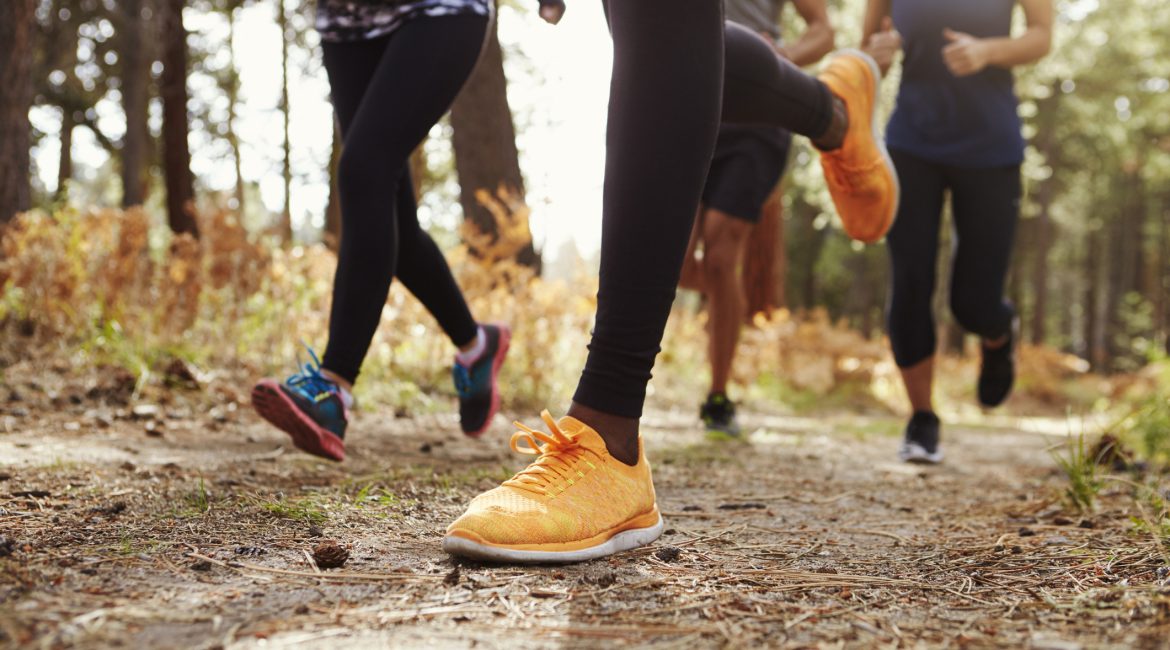There are many benefits of trails that everyone from planners to the public should know about. They improve the economy through tourism, provide opportunites to improve fitness, make our communities more livable, and preserve open space.
The Health Benefits
Research has strongly identified the health benefits associated with the use of recreational trails. These include:
- Weight control
- The development of healthy bones and helping to prevent osteoporosis
- Protection against diabetes, cardiovascular disease and many types of cancer
- Improves general health and fitness
- Helps to lower blood pressure
- Helps with stress management
- Helps to reduce arthritis pain
Besides these physical benefits, there are a number of psychological benefits from regular exercise, and recent research on the benefits of green exercise on mood and self-esteem confirmed that it generates many positive physical and mental benefits regardless of the level of intensity, duration or type of activity.
The Economic Benefits
Studies have also shown that trails have many economic benefits.
- Trails have a positive impact on local communities and businesses through increased tourism revenue.
- Trails provide affordable exercise and accessible recreational opportunities within communities, in an era of expensive gyms and health clubs.
The Environmental, Social and Cultural Benefits
Studies have identified many environmental, social and cultural benefits of trails.
- Trails ensure environmental preservation. Research has shown that trails improve water and air quality.
- It is hoped that the promotion of trails in Ireland’s Shannon Region will play a role in creating a culture of recreation in the region.
- Research has shown that young people, especially those who live in large towns and cities, are not participating in recreational activities such as walking or cycling to any notable extent at present. The development of trails may help change this.
- Trails include many societal benefits. They encourage social inclusion of people living in rural communities and they also foster community involvement and pride.

